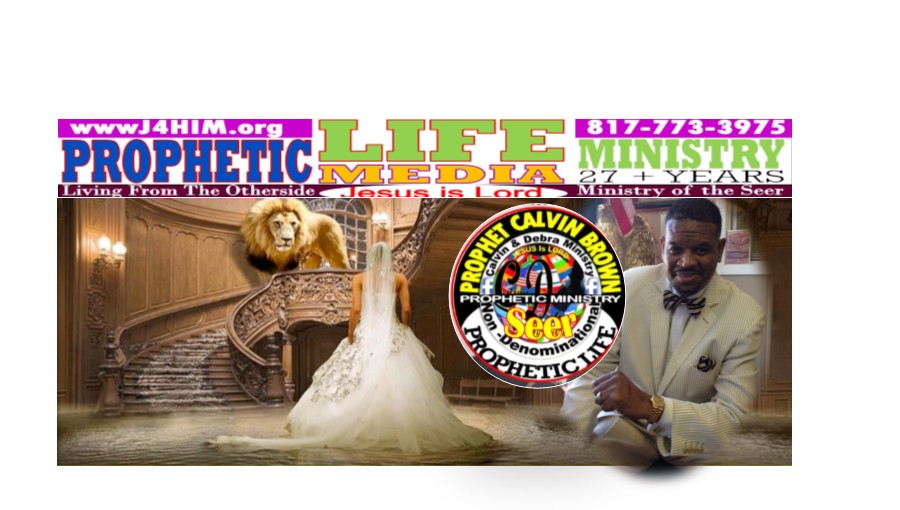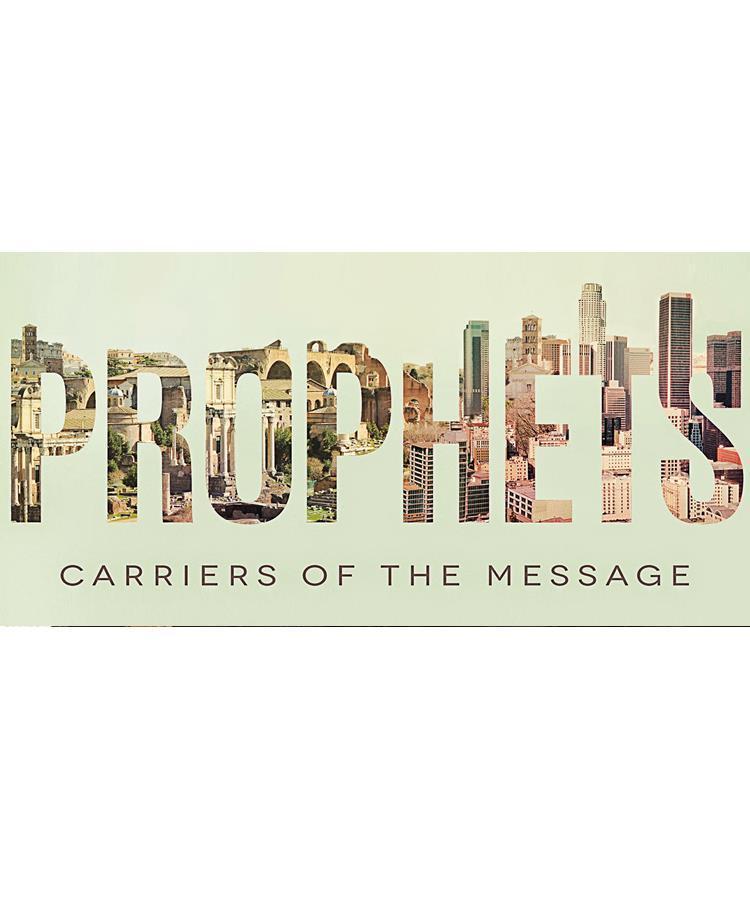2 Chronicles 20:20 (ASV)
20 And they rose early in the morning, and went forth into the wilderness of Tekoa: and as they went forth, Jehoshaphat stood and said, Hear me, O Judah, and ye inhabitants of Jerusalem: believe in Jehovah your God, so shall ye be established; believe his prophets, so shall ye prosper.
9 (Beforetime in Israel, when a man went to inquire of God, thus he said, Come, and let us go to the seer; for he that is now called a Prophet was beforetime called a Seer.)
a [Prophet] Hebrew: nabiy, one who spoke for God or was moved upon by Him to give a message. See Over Seventy-Eight Prophets and Prophetesses in Introduction to Prophecy

a [he came to day to the city] God was preparing Samuel and Saul at the same time. See note, 1Sam. 9:17
a [in his ear
Notes For Verse 16
a [To morrow about this time I will send thee a man out of the land of Benjamin, and thou shalt anoint him to be captain over my people Israel, that he may save my people out of the hand of the Philistines: for I have looked upon my people, because their cry is come unto me] The 4th prophecy in 1Samuel (1Sam. 9:16-17, fulfilled). Next, 1Sam. 9:19
19 Now therefore ye are no more strangers and foreigners, but fellowcitizens with the saints, and of the household of God;
20 And are built upon the foundation of the apostles and prophets, Jesus Christ himself being the chief corner stone;
21 In whom all the building fitly framed together groweth unto an holy temple in the Lord:
22 In whom ye also are builded together for an habitation of God through the Spirit.
 Answer: Prophetic ministry, as understood by Charismatic groups today, is any ministry that relies on the gift of prophecy and new revelation from God to guide the church to maturity. Those involved in prophetic ministry sometimes refer to it as a five-fold ministry
Answer: Prophetic ministry, as understood by Charismatic groups today, is any ministry that relies on the gift of prophecy and new revelation from God to guide the church to maturity. Those involved in prophetic ministry sometimes refer to it as a five-fold ministry
We see prophetic ministry often in the Old Testament, as God raised up prophets to encourage and rebuke the nation of Israel in times of trouble or rebellion. During King David’s reign (2 Samuel), the prophet Nathan, among others, spoke the word of the Lord to David, giving him guidance and direction as well as confronting him concerning his sin with Bathsheba. Of course, Isaiah, Jeremiah, Hosea, Amos, Micah, Zechariah, etc., also had a prophetic ministry—they were prophets, after all. The calling of a prophet was to speak for God. A prophet would teach, give guidance, counsel, or rebuke as necessary.
gift of prophecy is specifically mentioned in 1 Corinthians 12:10 and Ephesians 4:11. Please note that this gift was given for the building up of the church (Ephesians 4:12
ceased being of use in the church. We can see this in the New Testament in that the early books such as 1 Corinthians and Ephesians mention the miraculous gifts, whereas the later books such as 1 and 2 Timothy don’t mention them. The completed Bible is sufficient for us to follow the Lord faithfully. Second Peter 1:3 and 2 Timothy 3:16–17
There are many Christians today who claim to be involved in prophetic ministry, who believe that prophecy is ongoing, and who present themselves as conduits of new revelation from heaven. Churches who believe in prophetic ministry typically attempt to interpret dreams, predict the future, and speak in tongues—although the New Testament gift of tongues (the supernatural ability to speak in unlearned foreign languages for the purpose of sharing the gospel) is not the type of tongues being practiced today.

